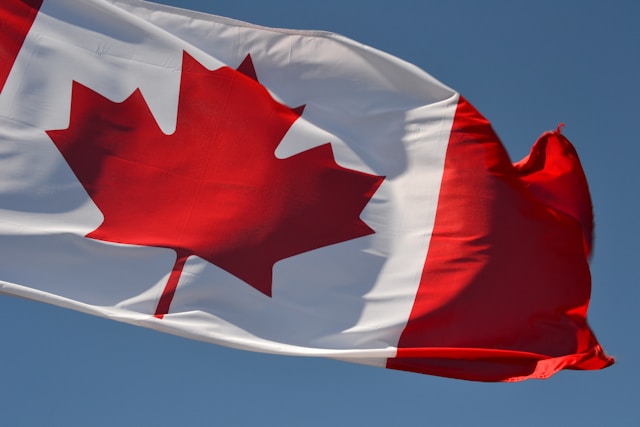Donald Trump’s latest tariff impositions didn’t just rattle trade markets; they sent shockwaves through the foundations of diplomatic alliances. What was once a relationship of mutual respect among nations now teeters on the edge of discord.
As global leaders awaited clarity, Trump’s proclamations came like a thunderclap. His rhetoric, laced with words like “rape” and “plunder,” was a far cry from diplomacy, echoing instead the language of hostility. For allies such as Canada, this wasn’t merely an economic maneuver; it was a stark declaration of war on trust and partnership. The tariffs, including a 25% tax on auto imports, were not up for discussion. They arrived as unilateral edicts, severing the collaborative spirit that trade agreements are built upon.
The timing of these declarations was strategic but shortsighted. Announced just as Canada’s policymakers gathered to discuss strategies for stability, the decisions landed with the weight of inevitability. Prime Minister Justin Trudeau reaffirmed that tariff revenues would support the most affected industries, including steel, aluminum, and automotive. Yet, this assurance could not fully shield the Canadian economy from the looming storm, nor could it mend the bruised relationships with its southern neighbour.
The economic repercussions are far from abstract. Across borders, the fallout will sting wallets and job markets alike. Everyday goods will grow pricier, industries will falter, and thousands of workers will find themselves in precarious positions. Trump’s justification, framed as a fight for American prosperity, fails to acknowledge the broader damage inflicted on global markets and communities. Economic hardship, whether in the United States, Canada, or elsewhere, becomes a shared burden, one amplified by divisive rhetoric.
Trump’s language is perhaps the most jarring element of this saga. To equate fair trade practices with acts of violence against a nation is not just inflammatory—it’s dismissive of the alliances painstakingly built over decades. The words signal a departure from statesmanship, replacing it with a theatre of provocation. Strongman tactics may resonate with a domestic political base, but they erode the credibility of American leadership on the world stage.
Canada’s response, however, signals a different path. Rather than retaliating with equal belligerence, the nation has chosen to anchor itself in clarity and purpose. Trudeau’s government, alongside industry leaders, emphasizes resilience over reaction. The message is clear: Canada will endure, adapt, and work to ensure such economic vulnerabilities are minimized in the future. This crisis, though severe, underlines the importance of steady and intelligent governance in the face of disruptive challenges.
What remains at stake is more than trade or economics—it is the essence of diplomacy. Trump’s approach, marked by self-gratifying rhetoric and policy by imposition, risks isolating the United States from its closest allies. The world does not require another figurehead of division. It needs leadership rooted in collaboration, intellect, and a respect for the intricate balance of global relations.
As the dust of tariff declarations settles, one question lingers: Will the world remember this period as the dismantling of alliances or a rallying cry for smarter, more connected leadership? For now, the answer depends on whether true diplomacy can rise from the ashes of rhetoric.
References:
Yesterday I attended the Prime Minister’s Canada US Council meeting. As… | Arlene Dickinson |

